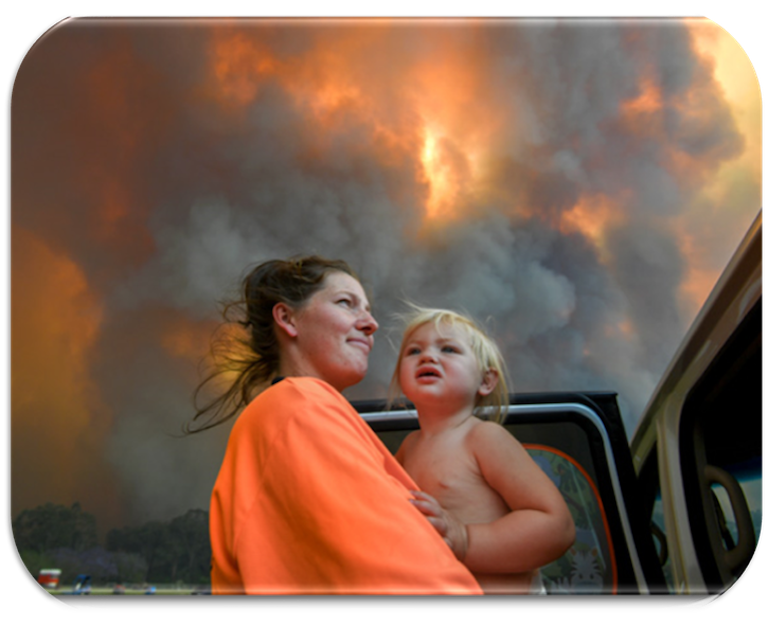Search
Research
FeBRILe3– Fever, Blood cultures and Readiness for discharge in Infants Less than 3 months’ oldTom Snelling BMBS DTMH GDipClinEpid PhD FRACP Head, Infectious Disease Implementation Research 08 6319 1817 tom.snelling@thekids.org.au Head,
Research
Fetal alcohol exposure, nutritional status and epigenetic disruption – exploring the linksAlexander David Martyn Larcombe Martino Symons BScEnv (Hons) PhD BSc PhD B.A. (Hons) PhD. Honorary Research Fellow Head, Chronic Diseases Research
Research
FIFO FamiliesThrough a partnership with PLS, this research will aim to understand the impact of FIFO work arrangements on the mental health and wellbeing of the whole FIFO family.
Research
Finding new, safer and targeted therapies for paediatric brain cancer that amplify responses to radiation therapyRadiation therapy is an essential component of brain cancer treatment. However, the high doses currently required are extremely damaging to the growing brains and bodies of children.

Research
Future Child HealthThe greatest threat to children’s health in the future is environmental change, including climate change. The Future Child Health project aims to quantify how current and future environmental changes affect child health.
Research
Geospatial analysis of Japanese Encephalitis virus (JEV) transmission riskJapanese Encephalitis virus is a mosquito-borne virus that is typically only found in south-east Asia.
Research
Geospatial modelling for malaria risk stratification and intervention targeting for high burden high impact countriesPunam Susan Tasmin Amratia Rumisha Symons PhD PhD (Biostatistics) Honorary Research Associate Honorary Research Associate Honorary Research Associate
Research
Geospatial modelling for malaria risk stratification and intervention targeting for low-endemic countriesPunam Susan Tasmin Amratia Rumisha Symons PhD PhD (Biostatistics) Honorary Research Associate Honorary Research Associate Honorary Research Associate
Research
Giving Voice to Rural and Regional Boys and Young Men and Supporting Parents to Prevent Tech-Based Abuse of Girls and Young WomenThis project addresses the growing issue of technology-facilitated abuse against women and girls, particularly in regional Western Australian communities where risks are heightened, and access to support is limited.
Research
Healthway Chronic ConditionsThe aim of this project is to develop and test a series of modules to promote mental health among young people with chronic conditions, using a positive psychology framework.
